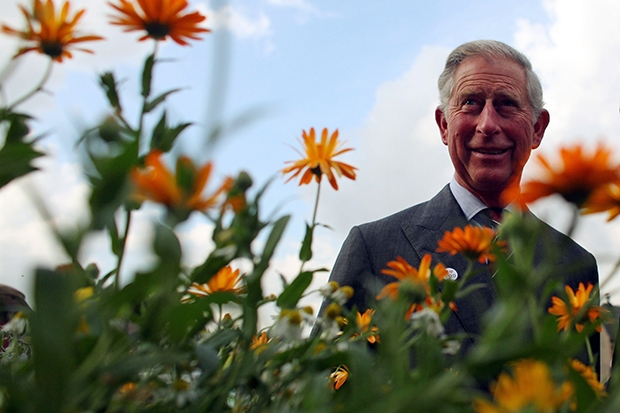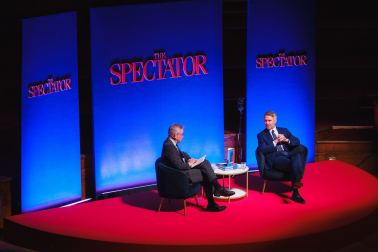The Prince of Wales is right, and I appreciate that this isn’t something people say very often. Now and again, certainly, Prince Charles does turn out to be right about things, such as the need for interfaith dialogue or the horrors of some modern architecture, but the manner in which he tends to be right about them does rather have the feel of happy coincidence. In the future, as Warhol didn’t quite say, we will all be right for 15 minutes. Unless it’s about homeopathy.
This week, you see, the Prince told Sky News that the war in Syria may be linked to climate change. Not, please note, that it was caused by climate change, let alone man-made climate change. His view is very much not that, if more of us drove electric cars, Raqqa would be at peace. Rather, he argues that a contributory factor in Syria’s instability was a long-running drought between 2006 and 2011, which prompted a massive influx of farming folk into the cities.
This is a theory which has been floating around for a few years now, based on a study conducted by the University of California in Santa Barbara. Normally, to be honest, it floats around quite annoyingly, generally cited by people (such as Charlotte Church, on Question Time last month) who give the impression of having already decided that climate change is the world’s greatest evil, and are prepared to overlook tyranny, jihadism, barrel bombs and the entire Arab Spring if it allows them to feel superior to anybody who doesn’t drive a Prius. Yet the frequent overstating of HRH’s case doesn’t entail him being wrong. In reality, the effects of climate change are not neat.









Comments
Join the debate for just £1 a month
Be part of the conversation with other Spectator readers by getting your first three months for £3.
UNLOCK ACCESS Just £1 a monthAlready a subscriber? Log in